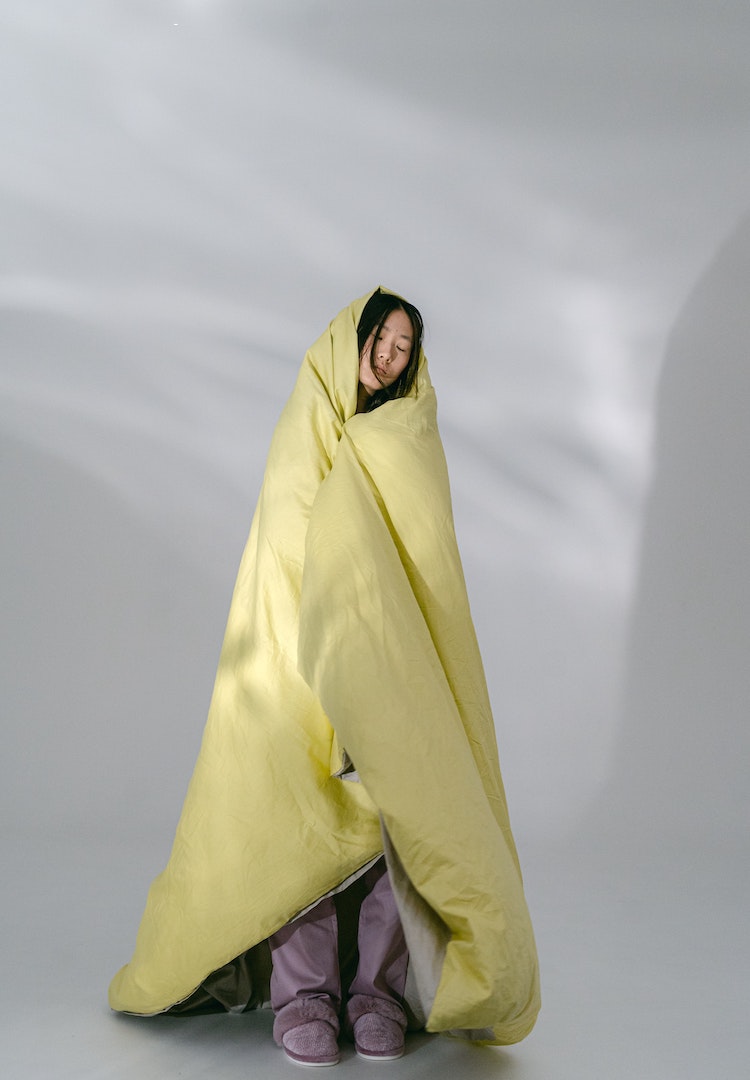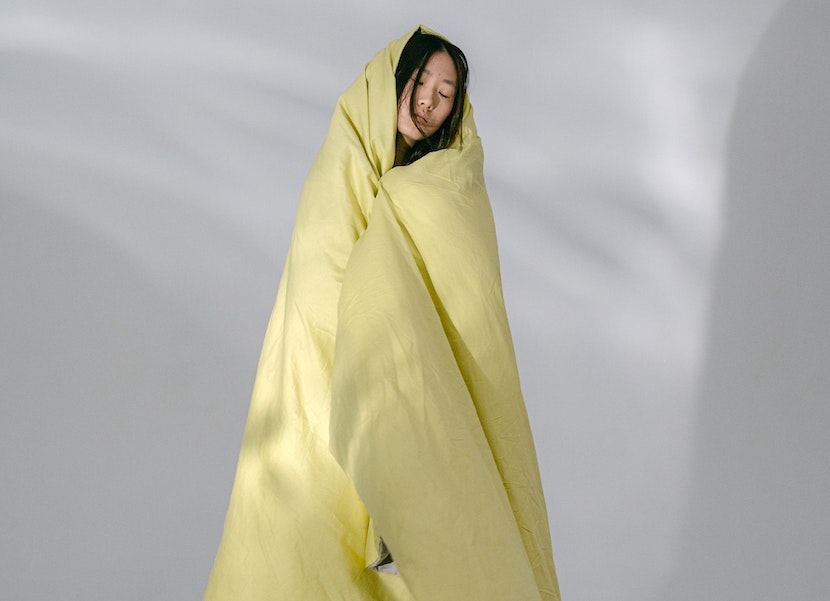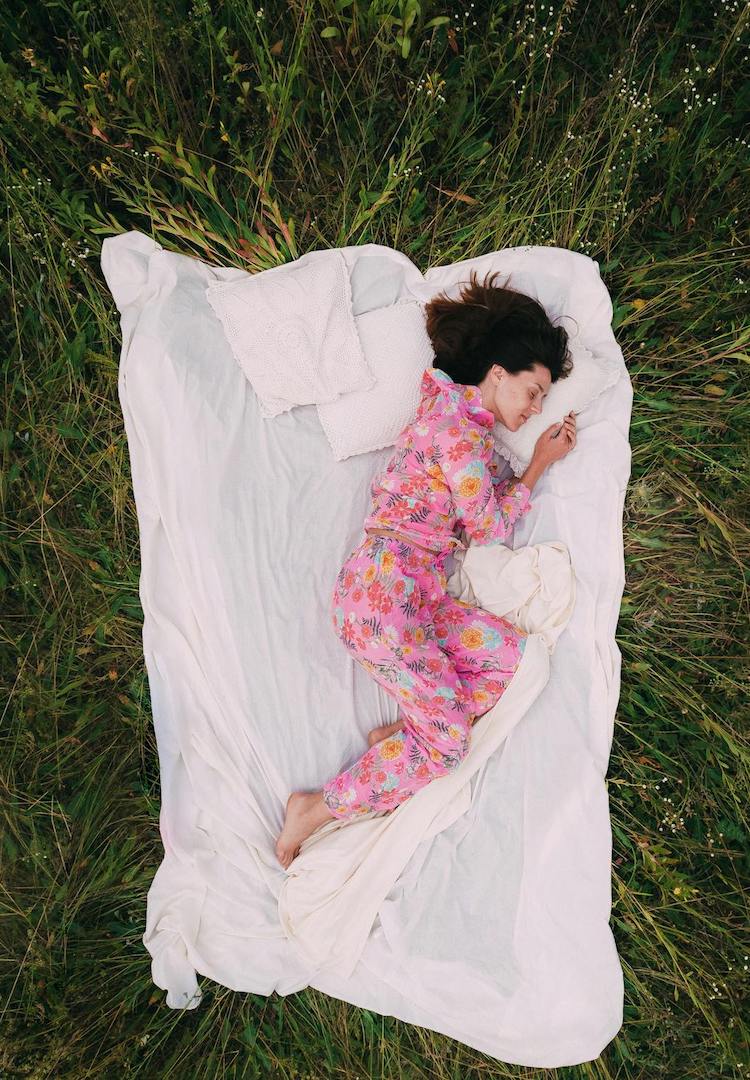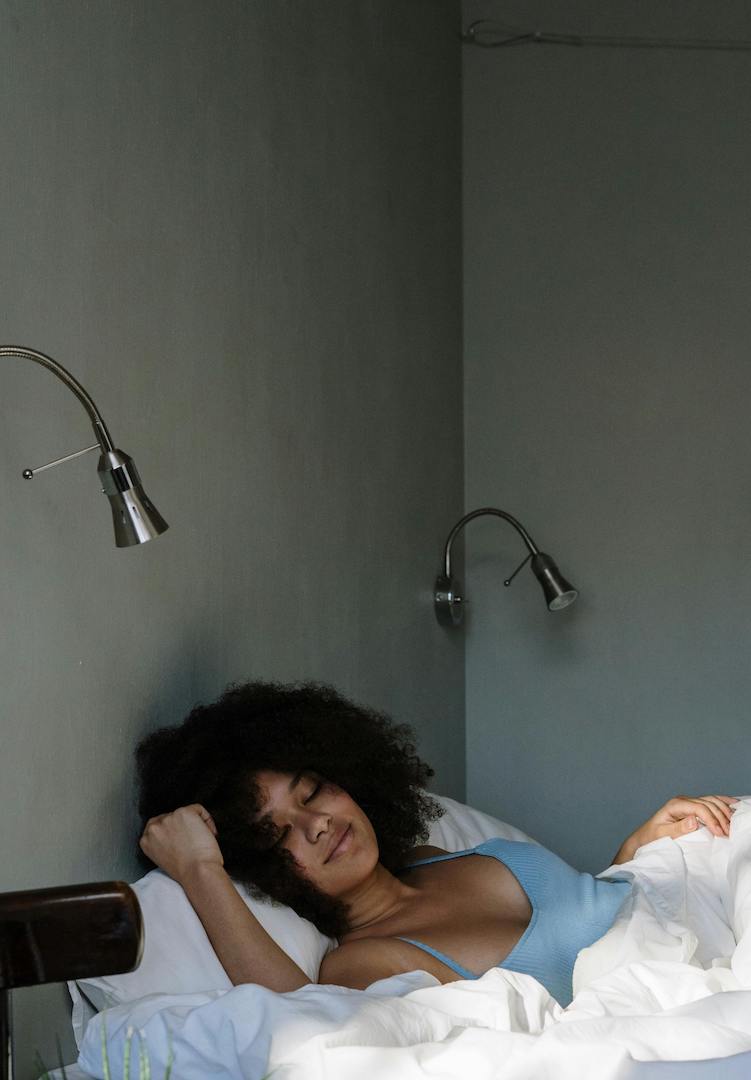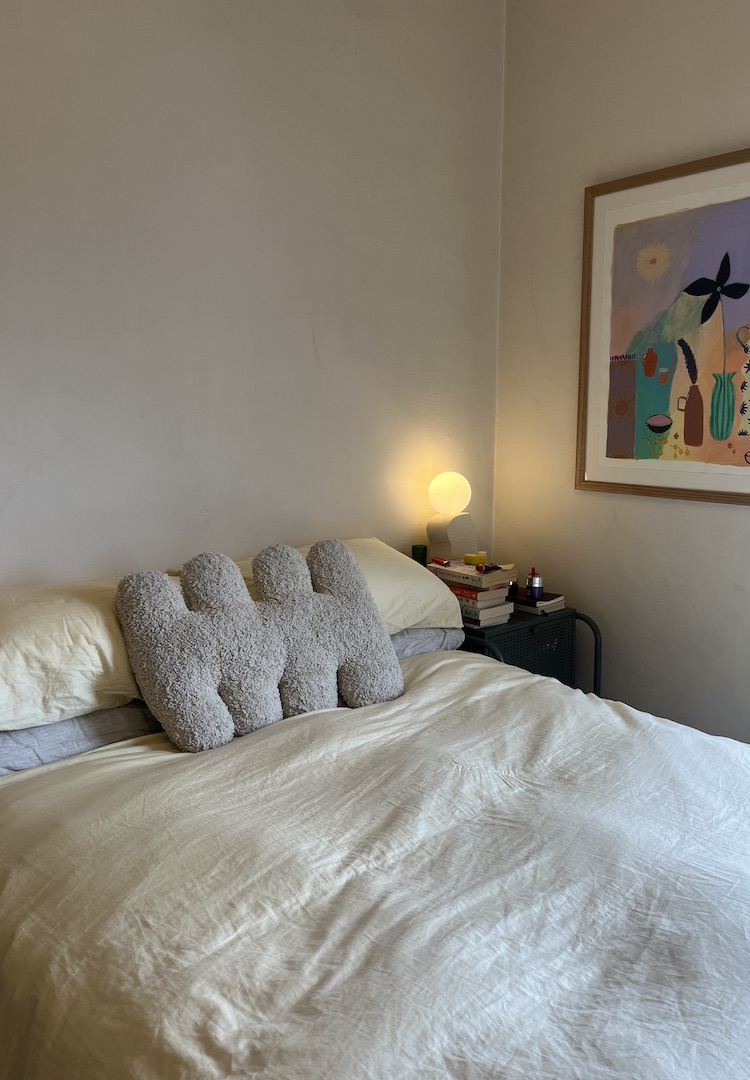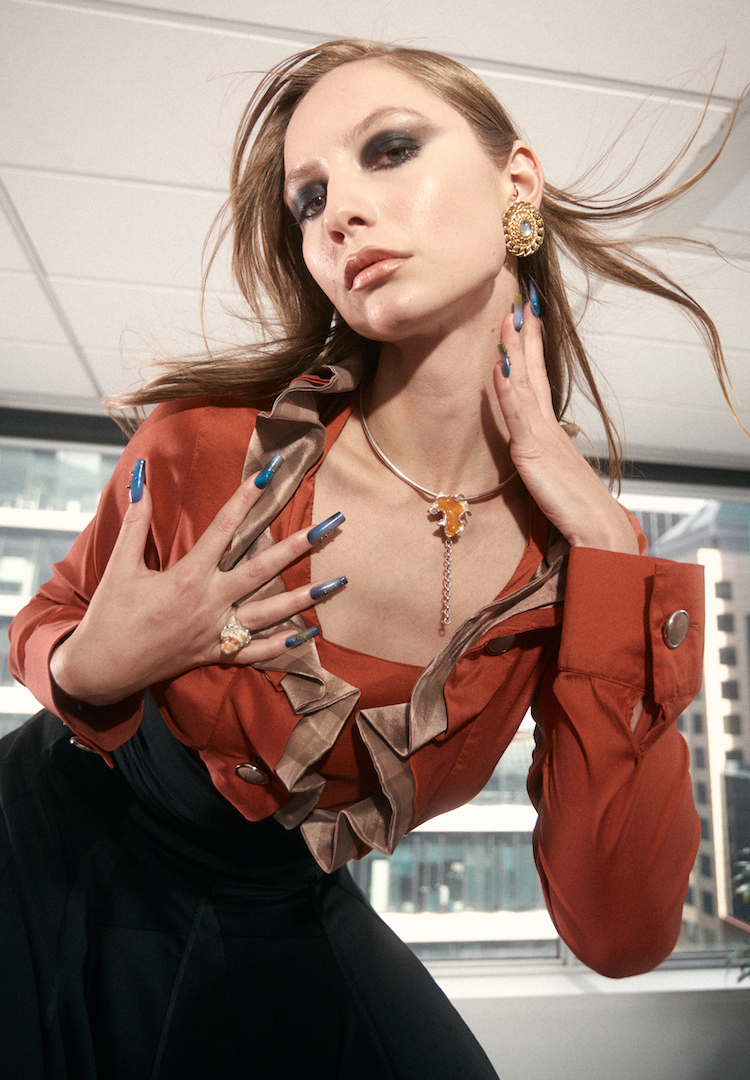How I stopped feeling ashamed that I’m not a morning person
WORDS BY ANNA MACKENZIE
“But no matter how hard I tried I couldn’t leap out of bed each morning, and the more I attempted to become an early riser the deeper the shame burrowed.”
As far back as I can remember I’ve struggled to get out of bed. During my school years, Mum and Dad would haul themselves upstairs to my bedroom several times each morning before turning on my lights, pulling off the covers, and yelling “Please, would you just get up!”.
Each morning I’d promise myself that the following day I’d definitely get up the first time they called my name but each morning I broke my promise. This longwinded and chaotic sunrise dance would repeat and repeat ad nauseam.
Interested to hear how others navigate the world? Head to our Life section.
When I moved out of home, like every fully formed adult, I became responsible for my own waking schedule. To put it mildly, it was a struggle. I had almost every test under the sun to try and figure out why I was so sleepy all the time. At first, the doctors thought I was low in iron. Then when that came back clear, they thought I was deficient in vitamin D or B12.
Perhaps I was getting too much REM sleep, or not enough REM sleep. Test after test failed to provide answers so eventually, I stopped looking for them and simply accepted that I’m someone who’s wired to need 10+ hours of sleep to simply feel human. I surrendered to the fact that getting up any time before 8am would remain a deep existential struggle for the rest of my life.
As I grew older, I began reading books and listening to podcasts about personal growth and fulfilling my potential, and started questioning whether being a morning person was in fact a prerequisite for success. Could I have a great career if I wasn’t a morning person? Would I still live a full life if I was never able to change my sleeping pattern to wake up before the crack of dawn?
With this questioning, my tiredness became enmeshed with a self-imposed moral judgement. If I’m not a morning person does that make me lazy? If I’m not out there at 5am doing all the things, will I ever achieve my dreams? It didn’t help that my ex at the time was a typical ‘productivity bro’; the kind of person who’d wake up before dawn, and do 100 push-ups on the beach before screaming at the top of his lungs “Yes, yes yes!” Tony Robbins-style to start his day.
He tried to implement this mania as a shared routine in our relationship. As you might imagine, I was not excited and he was not impressed with my lack of morning enthusiasm. Eventually, we broke up and life moved on but I carried that story with me; that unless I was a morning person I’d never be able to fulfil my potential.
I spent the next few years trying to fit in a box that wasn’t made for me. I’d set earlier alarms. I’d vow to ‘be better’. I’d listen to podcasts and read books that promised they’d help me feel alert and alive in the morning. I tried eating more. I tried eating less. I tried exercising at night. I tried exercising first thing. I tried an analogue alarm clock. I tried no alarm.
But no matter how hard I tried I couldn’t leap out of bed each morning, and the more I attempted to become an early riser the deeper the shame burrowed. It got to the point where trying to become Not A Tired Person was exhausting, and I made the conscious decision to accept the way I was. In fact, I swung entirely the other way, building my identity around the fact I was, indeed, a tired person. It became a running joke in my friendship circles that I’d be useless unless I got hours and hours of sleep.
Discovering my chronotype
Until the pandemic, I never really stopped to think that perhaps the rhetoric around getting up early and being a success was, in fact, too black and white. Last year I stumbled across this thing called a ‘chronotype’. A chronotype is the natural 24-hour sleep-wake cycle that influences our levels of energy across the course of a day. As it turns out, some people are wired to wake up early and have their natural energy levels peak first thing, while others (like me) are not.
The research shows that our chronotype is responsible for the fact that we feel alert at certain periods of the day and sleepier at others. Finally! I’d uncovered a potential explanation for my lethargy and the fact that despite changing up my routine I was still not able to be bright-eyed in the morning. Diving into the scientific literature I discovered there are three main types of people when it comes to sleeping and energy patterns.
The first is a lark. They’re those morning people who get up at 5am, listen to a motivational podcast, drink green juice, have an ice-cold shower and run a marathon (maybe they don’t run an entire marathon before sunrise but you get the gist).
Then there are owls. As the metaphor suggests, these are the people that are most vibrant at night. Their creativity peaks when the sun goes down and if they get into flow they can produce incredible work just before they head to bed.
In between these two extremes sit middle birds. They don’t leap out of bed in the morning, nor do they punch out their best work at night. They tend to follow the same energy rhythm as a lark but are delayed by a few hours. If a lark leaps out of bed at 6am and does their most creative work before nine, a middle bird might get up at 8am and be most focused before 12.
After tracking my energy levels for a week and taking every chronotype test on the internet (here’s my fave), I came to the conclusion I’m a middle bird. My energy levels in the morning are lower than low, but once I’m up and running I do my best creative work. My prime hours of the day are 10 to one. Ask me to do any deep thinking before that and I’ll likely say something stupid.
Years of shame disappeared when I learnt that many people aren’t morning people, and science explains why. Upon discovering chronotypes and devouring the research, my long-held shame just melted away and made way for a sense of annoyance that an untrue societal narrative around getting up early had negatively influenced the way I felt about myself.
This whole process has imparted an important life lesson. Don’t try and live up to the standards that someone else has set for you. Don’t morph and shift into an identity that’s not yours. Don’t keep listening to people who tell you you’ll never amount to anything unless you get up before 6am.
Instead, try to be healthier and happier on your own terms. Surround yourself with people who love you, despite (or because of) your quirks. Chase the best version of yourself. And if need be, accept that you’re a sleepy person.
To learn more about chronotypes, head here.


